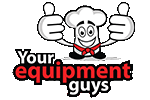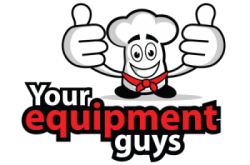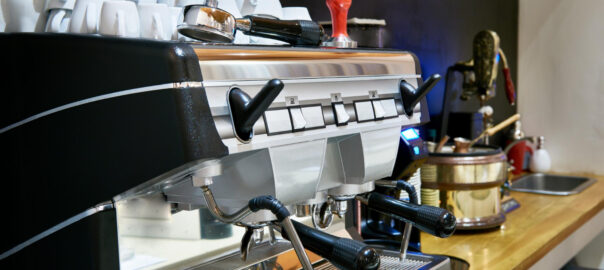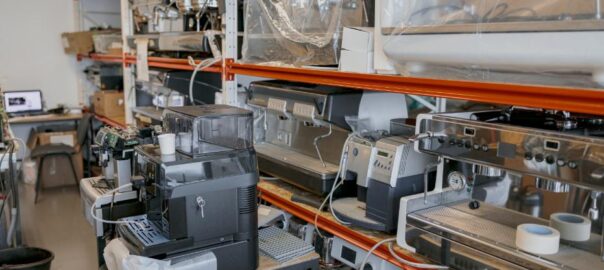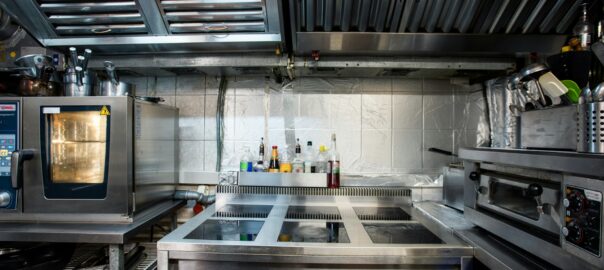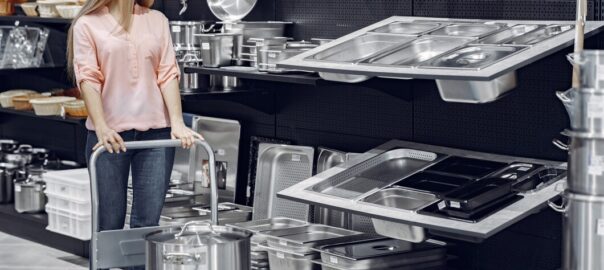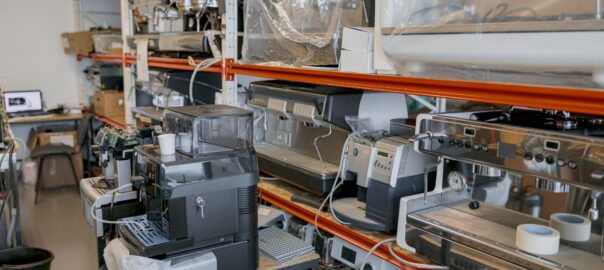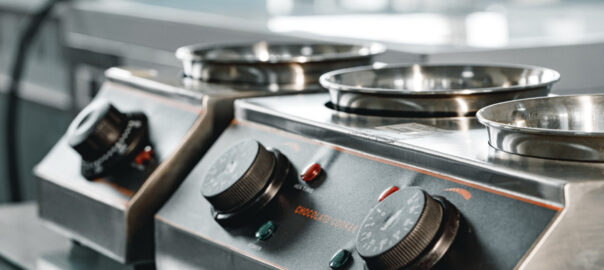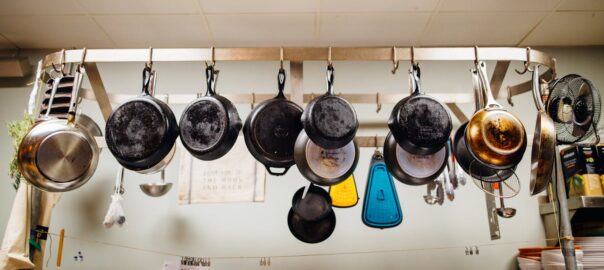
Restaurant auctions are a hidden gem for both new and established eateries looking to source equipment affordably. These events offer a wide range of items, from ovens and refrigerators to cutlery and dining furniture.
By diving into the world of restaurant auctions, you open up a realm of opportunities for saving money and maximizing the value of your assets. Armed with the right information, you can make smart choices that benefit your business’s bottom line.
Understanding Restaurant Auctions
Restaurant auctions provide a platform for buying and selling used restaurant equipment. These auctions can be held online or in person and offer a wide range of items, usually at lower prices than buying new. Understanding the process and what to expect can help you take full advantage of these opportunities.
Types of Auctions: There are generally two types of restaurant auctions: online and physical. Online auctions allow you to bid from the comfort of your own home, often over several days. Physical auctions, on the other hand, are held at a specific location and allow you to inspect items in person before bidding. Each type has its pros and cons, so choose the one that best fits your needs.
Items Available: You can find almost any type of restaurant equipment at these auctions. This includes large appliances like ovens and refrigerators, small kitchen tools, dining furniture, and even décor. The variety of items means that you can outfit nearly every aspect of your restaurant from a single auction event.
How Bidding Works: In an auction, items are listed with an initial starting price. Participants place bids, and the item goes to the highest bidder once the auction ends. In online auctions, you can usually see the current highest bid and increase it. In physical auctions, an auctioneer calls out prices, and participants raise their paddles to bid.
Understanding these basics sets the stage for a successful auction experience. Knowing what to expect helps you prepare better and increases your chances of getting great deals.
Steps Involved in a Restaurant Auction
Participating in a restaurant auction involves several steps. Each step is important to ensure you get the best deals and avoid common mistakes.
1. Registration: Before you can bid, you must register for the auction. This usually involves providing some personal information and sometimes a deposit. Registration is necessary for both online and physical auctions. Make sure to read the auction’s terms and conditions carefully.
2. Inspection: For physical auctions, there is often a designated time for inspecting items. Use this time to closely examine the equipment you are interested in. Check for any damage, missing parts, or wear and tear. In online auctions, read the descriptions and look at photos carefully. Some auctions also offer virtual tours or additional information upon request.
3. Bidding: Once the auction starts, you can begin bidding on items. Set a budget beforehand to avoid overspending. In physical auctions, you’ll raise your paddle to bid. In online auctions, you’ll click to place your bid. Always monitor the status of your bids.
4. Winning and Payment: If you win an item, you will need to make the payment promptly. Each auction will have its own payment methods and timelines. Be prepared to finalize your purchase according to the auction’s rules.
5. Pickup or Delivery: After paying for your items, you’ll need to arrange for pickup or delivery. For physical auctions, you might have to transport the equipment yourself. Online auctions usually offer various delivery options. Check the auction’s shipping and handling policy to avoid surprises.
Tips for Buying Equipment at Auctions
Navigating restaurant auctions can be challenging, but with the right tips, you can maximize your success.
1. Do Your Homework: Research the items you are interested in before the auction. Know their retail prices and typical auction values. This helps you set a realistic budget and avoid overbidding.
2. Inspect Thoroughly: If possible, inspect items in person. Look for signs of wear and tear, missing parts, or defects. Take notes and photos to help you make informed decisions during the auction.
3. Set a Budget: Decide on the maximum amount you are willing to spend on each item. Stick to your budget to prevent overspending, even in the excitement of bidding.
4. Start with Small Bids: Begin with smaller items if you’re new to auctions. This helps you get a feel for the process without risking large amounts of money. As you gain experience, you can move on to more expensive items.
5. Monitor Bids: Keep a close eye on the auction as it progresses. Ensure you are aware of the current highest bid and be ready to act quickly when your desired items are up.
6. Be Quick but Cautious: In fast-paced, physical auctions, be ready to raise your paddle as soon as the auctioneer calls for bids. Online, click promptly, but double-check your bid amount before confirming.
7. Consider Post-Auction Costs: Factor in additional costs such as transportation, installation, and potential repairs. These can add up and impact the overall savings you might expect from buying at an auction.
Following these tips can help you make the most out of restaurant auctions and score great deals on high-quality equipment.
How Restaurants Benefit from Auctions
Restaurant auctions provide several key benefits that can positively impact your business:
1. Cost Savings: Auctions often feature used equipment at significantly lower prices than buying new. This can result in substantial savings, especially for costly items like commercial ovens, fridges, and dishwashers.
2. Wide Selection: Auctions offer a diverse range of equipment, enabling you to find unique or hard-to-find items. This variety can be especially useful if you’re looking to outfit your restaurant with specific tools or furniture.
3. Quick Turnaround: Acquiring equipment through auctions can be faster than ordering new products, which often have long lead times. This is particularly beneficial when you need to replace broken equipment urgently or set up a new operation quickly.
4. Quality: Many items sold at auctions are from reputable brands known for durability and quality. Even though they are used, well-made equipment can offer years of reliable service, especially if it has been properly maintained.
5. Education and Networking: Participating in auctions helps you learn about different equipment brands and models. It also provides an opportunity to network with other restaurant owners and industry professionals, which can be valuable for your business growth.
By taking advantage of these benefits, restaurants can operate more efficiently and cost-effectively, making auctions a smart choice for sourcing equipment.
Conclusion
Understanding and participating in restaurant auctions can provide significant advantages for your business. From substantial cost savings to quick access to quality items, these auctions are a valuable resource for both new and established restaurants. By knowing what to expect and how to navigate the auction process, you can make informed decisions that enhance your kitchen’s functionality without breaking the bank.
Ready to explore the full potential of online restaurant equipment auctions and find the best deals for your kitchen? Contact us at Your Equipment Guys today to learn more about our buying, selling, trading, and auctioning services. Let us help you equip your business efficiently and affordably.
